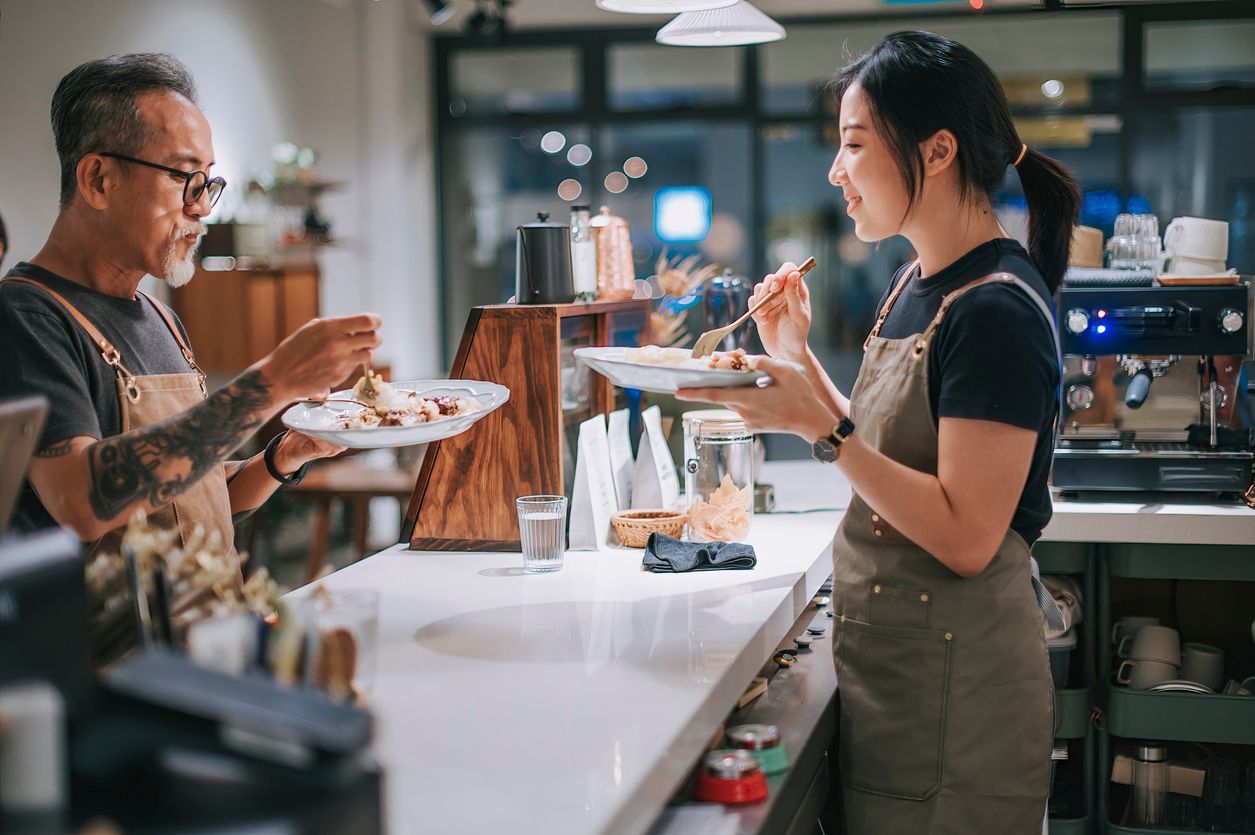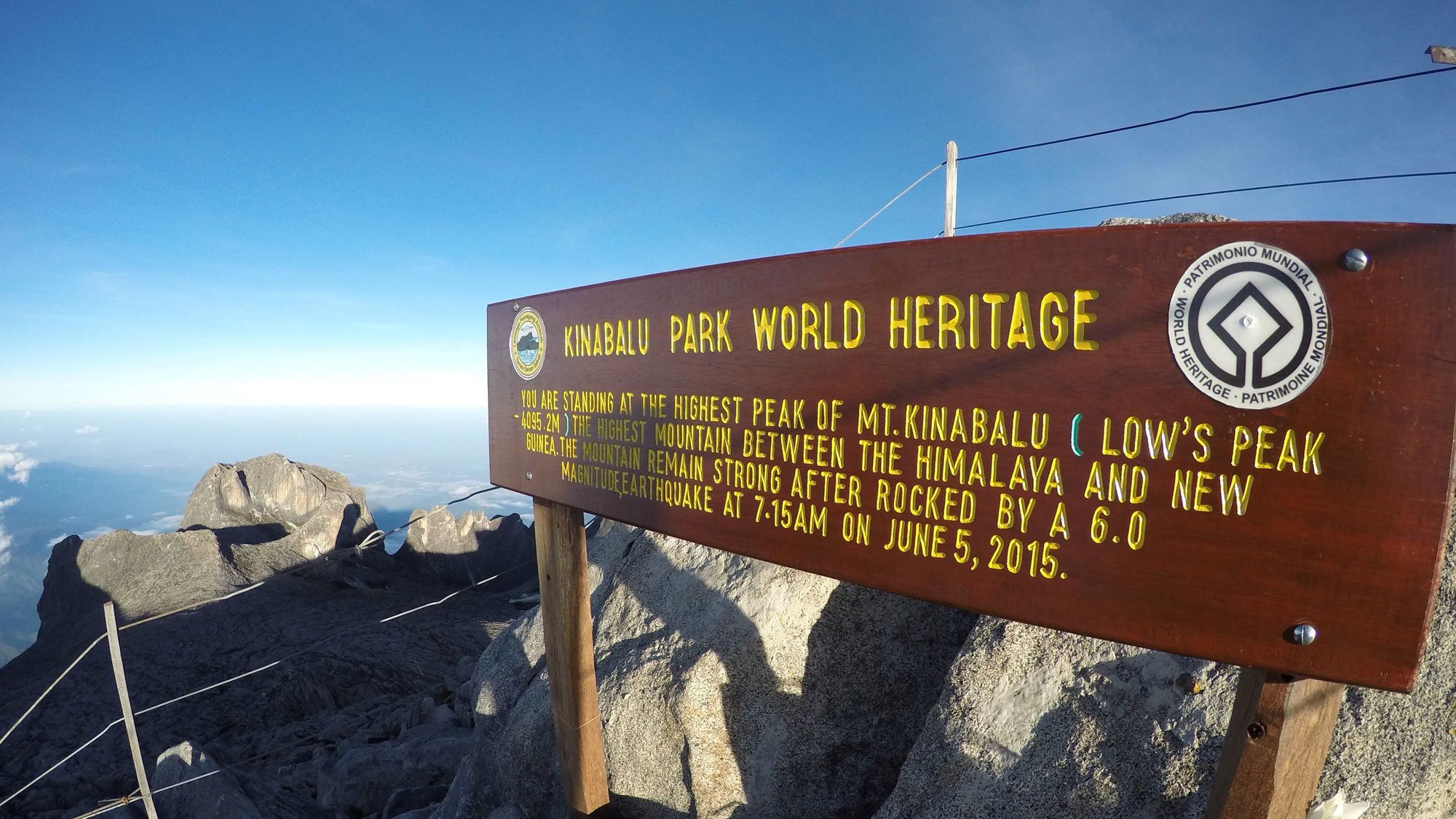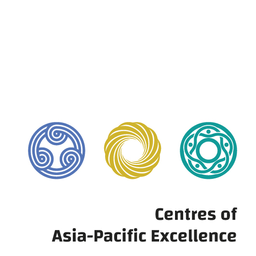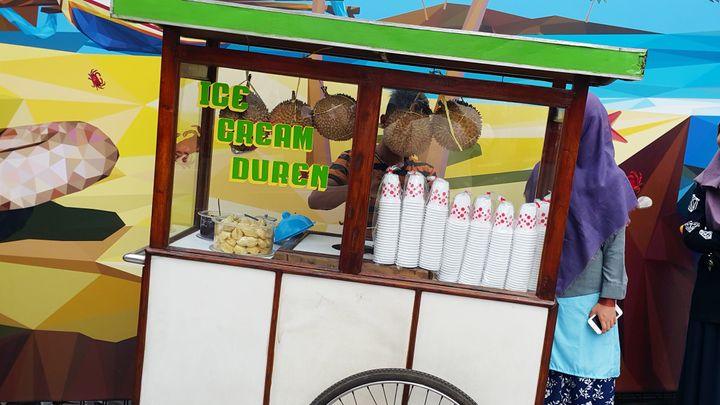Tourism industry and academics lay simple steps to culture readiness
How can tourism and hospitality operators become familiar with the diverse cultures of their customers and so improve their experience, when there are so many other things to do? Online resource Culture Ready makes it possible, thanks to collaboration between academics and operators in the field.
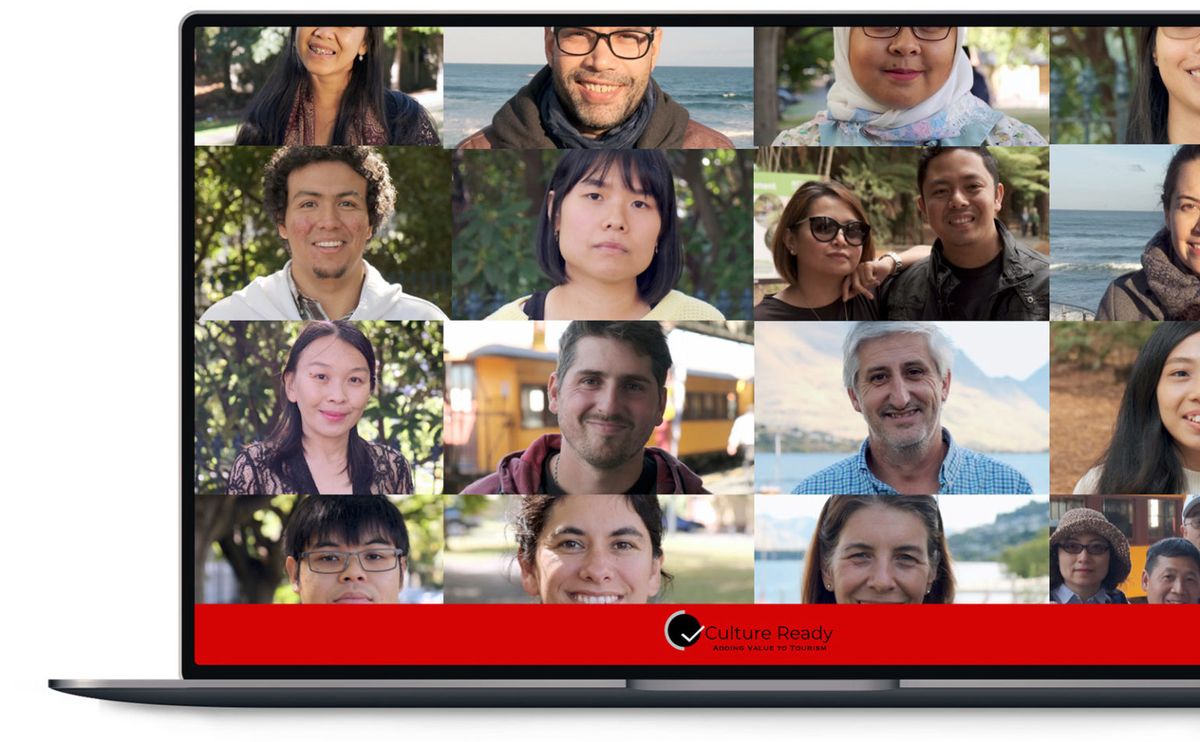
“If you care about the Chinese market, if you want to have positive feedback from your Chinese visitors there’s a few key things you can do” says Faye Zhang, an experienced marketing specialist for the service industry and director of Chinese consultancy service AwayNZ.
In a friendly face-to-camera video, Zhang tells us what tourists from her home country of China might expect when they arrive here, and potential sources of misunderstanding. She also offers how to enhance the Chinese visitor experience with very simple fixes – such as providing rice cookers for their rooms and hot water at meals.
Zhang is one of the cultural experts interviewed for Culture Ready, an online cultural training resource developed by tourism academics from the University of Otago, with the Centres of Asia-Pacific Excellence.
Culture Ready was designed to help New Zealand tourism SME’s achieve better engagement with visitors from vital tourism markets in North Asia, Southeast Asia and Latin America. Designed for the industry, by industry and academic experts, Culture Ready offers tourism and hospitality operators practical resources such as videos, booklets, key market facts, and quizzes.
Cultural awareness is important for many reasons, including the changing tourism market. Before the COVID-19 pandemic, tourism was Aotearoa’s largest export industry, bringing in $40.9 billion. Market growth from Asian and Latin American countries has proven both welcome and challenging for tourism and hospitality operators. One clear challenge is to continually improve cultural awareness and so improve visitor experiences.
Made with and for tourism businesses
Culture Ready's resources include best-practice examples from tourism innovators and business owners who impart knowledge for the benefit of their industry colleagues. Users can also self-test their learning via a cultural knowledge quiz.
“It’s a collective resource” says Dr Craig Lee, Senior Lecturer at the University of Otago’s Department of Tourism and one of the three project leads on Culture Ready. When developing the project, he explains, they had in mind operators with limited extra time and funds.
“Their investment of time and action have a high probability of paying off. They can be confident that what we’re showing them is not just from a textbook, but something other operators have contributed to,” says Dr Lee.
As a repository for collective knowledge to increase cultural understanding, adds Dr Lee, Culture Ready helps businesses learn from other businesses. "That’s the most valuable way for tourism and hospitality operators to grow,” he adds.
Simple but important tips
The video-centric nature of the training programme was baked into the design from the outset. Dr Wiebke Finkler, Senior Lecturer in Marketing at the University of Otago, used her background as an independent filmmaker to generate the initial batch of video interviews for the website.
Travelling around New Zealand, camera in hand, Dr Finkler spoke to tourism operators and visitors from Asia and Latin America. “That made me really aware of the different cultural lenses on the tourism experience” she says.
What immediately struck Dr Finkler when making the videos was how the simple things we take for granted can be strongly misinterpreted by guests from another culture.
“Muslim visitors, for example, can be unfamiliar or wary of dogs. So going to a caravan park where an owner has their dog off leash can be off putting. Just tying the dog up when you greet visitors from these backgrounds - these simple things can really pay off,” says Dr Finkler.
Dr Finkler is keen to stress that accommodating cultural difference doesn’t mean losing Kiwi ways of hospitality. In fact, one of the programme’s biggest objectives was to dispel such impressions.
“We wanted to demystify and deal with that fear of cross-cultural communication. You can create a better service without losing your Kiwi appeal or way of doing things. The operators themselves helped us, by showing exactly how they did it, from the manager of a caravan park in Wanaka, to an Airbnb owner – our people in the industry are leading the way.” says Dr Finkler.
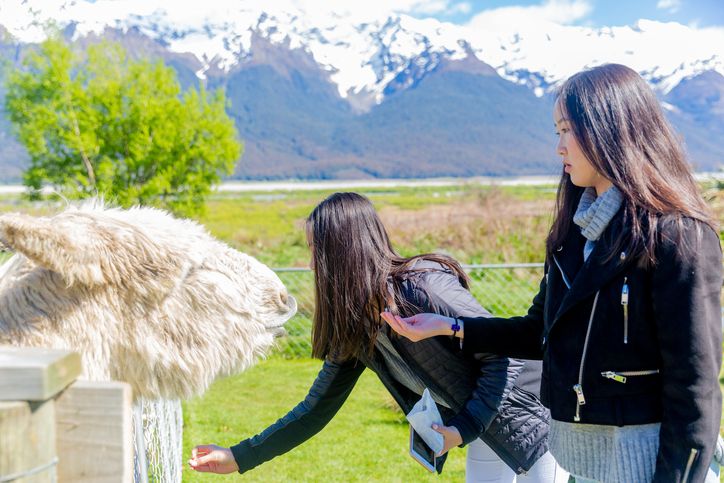
Improving visitor experience and business sustainability
Professor Neil Carr, also from the Department of Tourism at the University of Otago, drew on his extensive background researching tourism and leisure experiences to link academic research and industry insights. “The biggest thrill about this project has been its very applied nature,” says Professor Carr.
“Culture Ready has a real-world tangible output that makes a difference by improving the visitors’ experience, as well as the industry’s sustainability. Universities talk about impactful research and Culture Ready is a prime example of that,” says Professor Carr.
Professor Carr has also overseen a series of cultural awareness workshops for the North Asia Centre of Asia-Pacific Excellence, which are an extension of the website material. The workshops help frontline staff, managers, and marketing teams improve their cultural competency. Topics range from managing cultural conflicts to service delivery and expectations.
Meanwhile, the videos have fuelled case studies and teaching resources for tourism students at the University of Otago and beyond. Some of these student will go on to be tourism leaders, which is vital for the industry, remarks Dr Lee. “Ultimately a healthy future for the tourism and hospitality industry depends on the collective providing excellent products and services. This will increase New Zealand’s appeal as a tourism destination and attract more visitors.”
“The operators we interviewed were more than willing to share how they've achieved better cross-cultural communication. Their attitude was, ‘we’re all in the same whanau’. Collective success is good for everyone,” says Dr Lee.
Even with the extensive research and the wealth of diverse and specific insights that inform Culture Ready, its key message is simple: to learn from the people you encounter as you do business. As cultural consultant Faye Zhang mentions in her Culture Ready video: “We’re all humans and we naturally grow up with the things we get used to.” To understand and respect these cultural differences there is one common foundation: “communication is key.”
Gain more academic insights from our Asia-Pacific tourism, hospitality and entrepreneurship series

